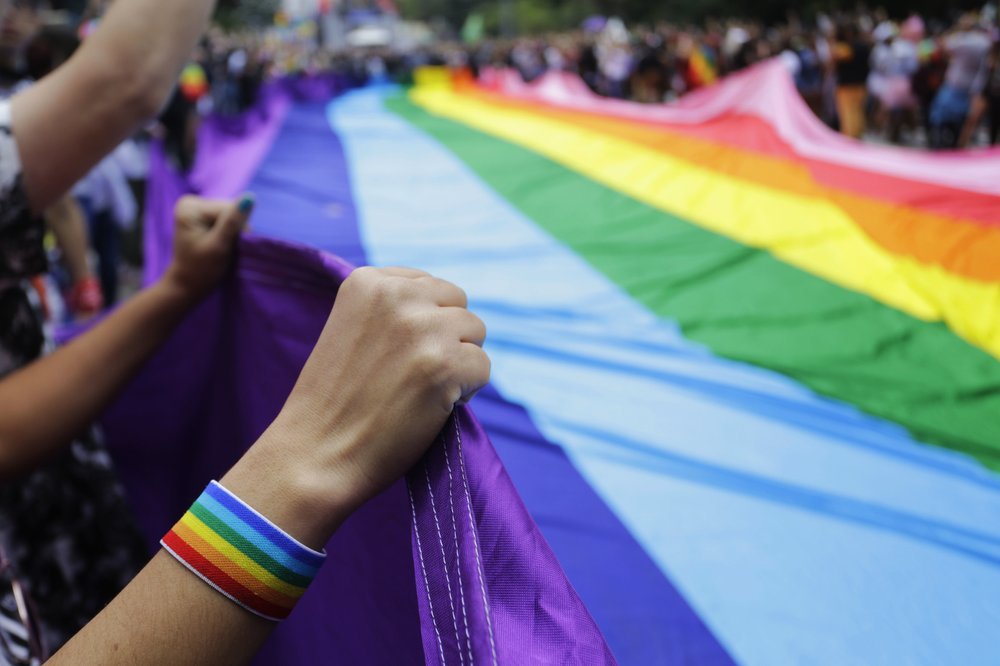A decision by the Indian Supreme Court to reinstate a ban on gay sex represents a “significant step backwards for India” and violates international law, United Nations human rights chief Navi Pillay said on Thursday, suggesting the case be reheard.
In a major blow to gay rights in the world's largest democracy, the Supreme Court on Wednesday threw out a 2009 ruling by a lower court that had decriminalized gay sex.
“Criminalizing private, consensual same-sex sexual conduct violates the rights to privacy and to non-discrimination enshrined in the International Covenant on Civil and Political Rights, which India has ratified,” Pillay said in a statement issued in Geneva.
“Yesterday's Supreme Court decision in this case represents a significant step backwards for India and a blow for human rights.”
The top court stated that only India's government could change the law, deeming the Delhi High Court had overstepped its powers with the decision four years ago.
Section 377 of India's penal code bans “sex against the order of nature,” which is widely interpreted to mean homosexual sex. The colonial-era rule dates back to the 19th century.
Pillay, who previously served on the High Court of her native South Africa, said: “The Supreme Court of India has a long and proud history of defending and expanding protection of human rights. This decision is a regrettable departure from that tradition.”
She voiced hope that the Court might exercise its review procedure, in effect agreeing to rehear the case before a larger panel of judges.
This would provide an opportunity for judges to reconsider whether the Supreme Court's initial decision took sufficient account of all relevant arguments, she said.



